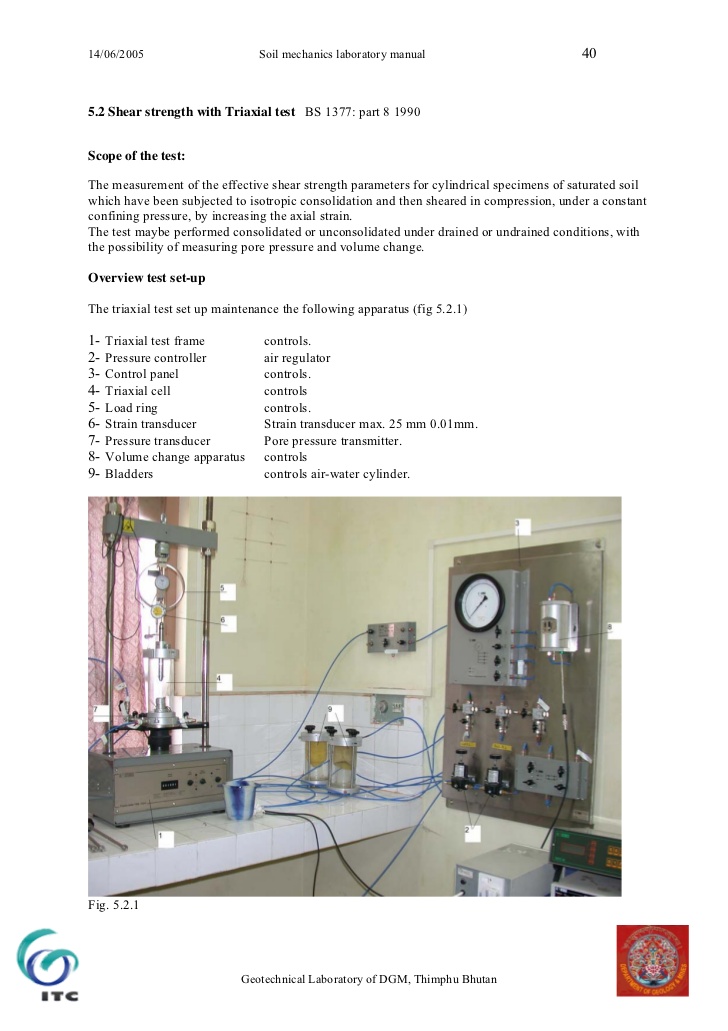

These may feature situations of high anxiety or panic, such as running late or general embarrassment.

It is also possible for people with anxiety to experience more vivid dreams. People with schizophrenia or a dissociative disorder may have intense dreams during a relapse. These dreams can sometimes lead to panic attacks. Themes such as poor self-image often feature.

People with depression can have vivid dreams. Fluctuations in hormones can also play a role. Sometimes, the stress of preparing for delivery and parenting can contribute to this. Vivid dreams and nightmares are common during pregnancy. People who experience post-traumatic stress disorder (PTSD) are more likely to have bad vivid dreams than people who do not. Researchers believe that this is due to the role that dreaming plays in memory and processing emotions. Stress and traumatic events can lead to vivid dreams.

Experts think that these dreams are part of the impact that drug addiction has on the brain. People who are recovering from addiction may find that they have vivid dreams about using the drug they are recovering from. Using certain substances - such as marijuana, cocaine, and ketamine - can contribute to vivid or unpleasant dreams. When a person stops drinking, it can lead to unusually vivid and intense dreams. AlcoholĪlcohol consumption can suppress REM sleep. Sleep deprivation can lead to more intense dreaming. They usually experience the most vivid dreams during rapid eye movement ( REM) sleep, which we cover in more detail below.Ĭauses of vivid dreams include: Sleep deprivation People often find that thoughts from the day invade their dreams. Share on Pinterest There are a number of factors that make vivid dreams more likely.Ī person may have vivid dreams for any number of reasons, depending on individual situations.


 0 kommentar(er)
0 kommentar(er)
